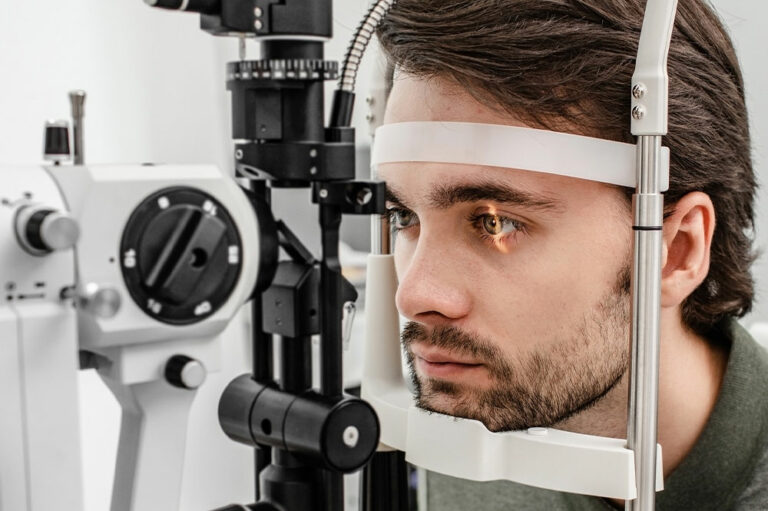
Health
6 signs of poor eyesight caused by excessive blood sugar
High blood sugar can be caused by high amounts of sugar consumption, insulin deficiency, or in some other way. Either way, people with a high blood sugar ratio tend to have many health issues because of it. While high blood sugar affects nearly every organ and system in the human body, it arguably affects one’s vision most severely. Here are some signs of poor eyesight due to excessive sugar in one’s bloodstream: Blurry vision All the signs and symptoms listed here directly relate to diabetes, the ultimate frontier for high blood sugar-related health conditions. Blurry vision is one of the earlier signs of the dangerously high proportion of sugar in a person’s blood messing with their vision. Most people believe they need new glasses or contact lenses once their vision goes blurry. However, people need to get their eyes tested by an ophthalmologist to confirm whether they need a new pair of contact lenses or other diabetes-related treatment methods. By bringing one’s blood sugar levels into the acceptable range of about 70 to 130 milligrams per deciliter before meals and less than 180 milligrams per deciliter about an hour or two after them, people can correct blurry vision. This meal correction takes up to three months for blurry vision to clear.
Read More 









